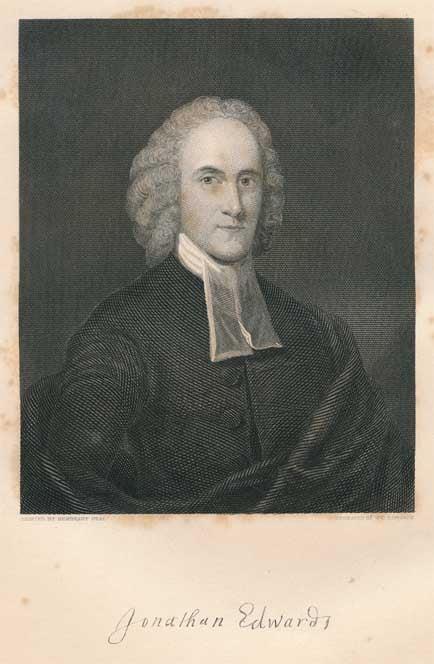Despite Your Weaknesses—Often Because of Your Weaknesses—God Can Use You.
It has always been an issue with some of the covenant people of God that they often cannot relate a particular time when they came to a saving relationship with Christ. Such was the case with a young man by the name of Eleazer Whittlesey, who moved from Bethlem, Connecticut, to Pennsylvania in the mid 1700’s.
We don’t know much about his background, either his parents or what spiritual influences he had from any church. He showed up to meet Aaron Burr in Newark, New Jersey by a recommendation from a man named Ballamy. The infant and later Princeton Seminary was located there, with Pastor Burr as its second president. The latter clergyman noted that he was “not converted in the way” that many of the Presbyterian clergy of his day thought was necessary. In fact, President Burr spoke of having “some doubt” of his spiritual experience. He went on to state that “he has met with others of God’s dear people, who cannot tell of such a particular submission as we have insisted on, though the substance of the thing may be found in all.” However, Rev. Burr placed Eleazar under his pastoral care and believed that he was making good progress in learning. He ended his thoughts by stating that “I trust the Lord has work for him to do.”
Seven years later, Eleazer would graduate from Nassau Hall in Princeton, New Jersey, to which the new college has moved. He was licensed by the New Castle Presbytery soon afterwards. We could find no record of his ordination however. In 1750, he began to supply vacancies, of which there were many at this time in American Presbytery history. Yet while doing that “with zeal and integrity,” Eleazer complained of “melancholy” which kept him from being able to study or make preparation for sermons in the pulpit. His days, he acknowledged, were often spent in “painful idleness.”
In 1751, Whittlesey settled in what is now York County, Pennsylvania, where he began to preach in a log church in Muddy Run. Faithful in labor in all the neighboring settlements, it was said that he formed the Slate Ridge and Chanceford Presbyterian churches, composed of Scots-Irish people.
In 1752, he left a pastor’s house one cold day to travel to the Muddy Run church. On the way, he became ill with pleurisy, and died about a week later on December 21, 1752. His last words were “O Lord, leave me not.”
Words to Live By: We remember the apostle Paul who had “a thorn in the flesh,” and prayed earnestly that it might depart from him. ( 2 Corinthians 12:7, 8) God answered his request with the word “My grace is sufficient for you, for power in perfected in weakness.” (2 Cor 12;9) God can use us for His kingdom despite our bodily and mental weaknesses. Remember that, Christian.

